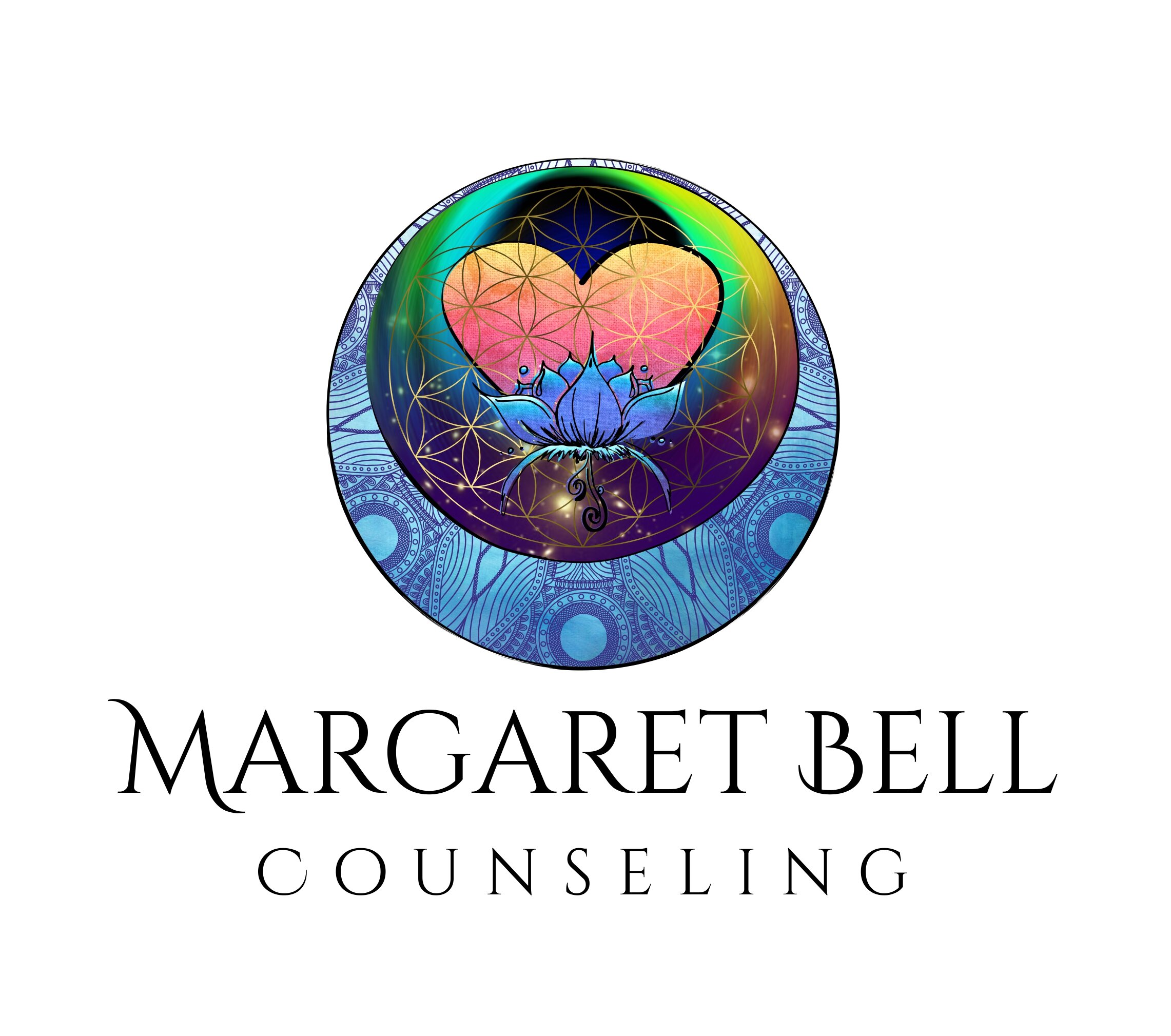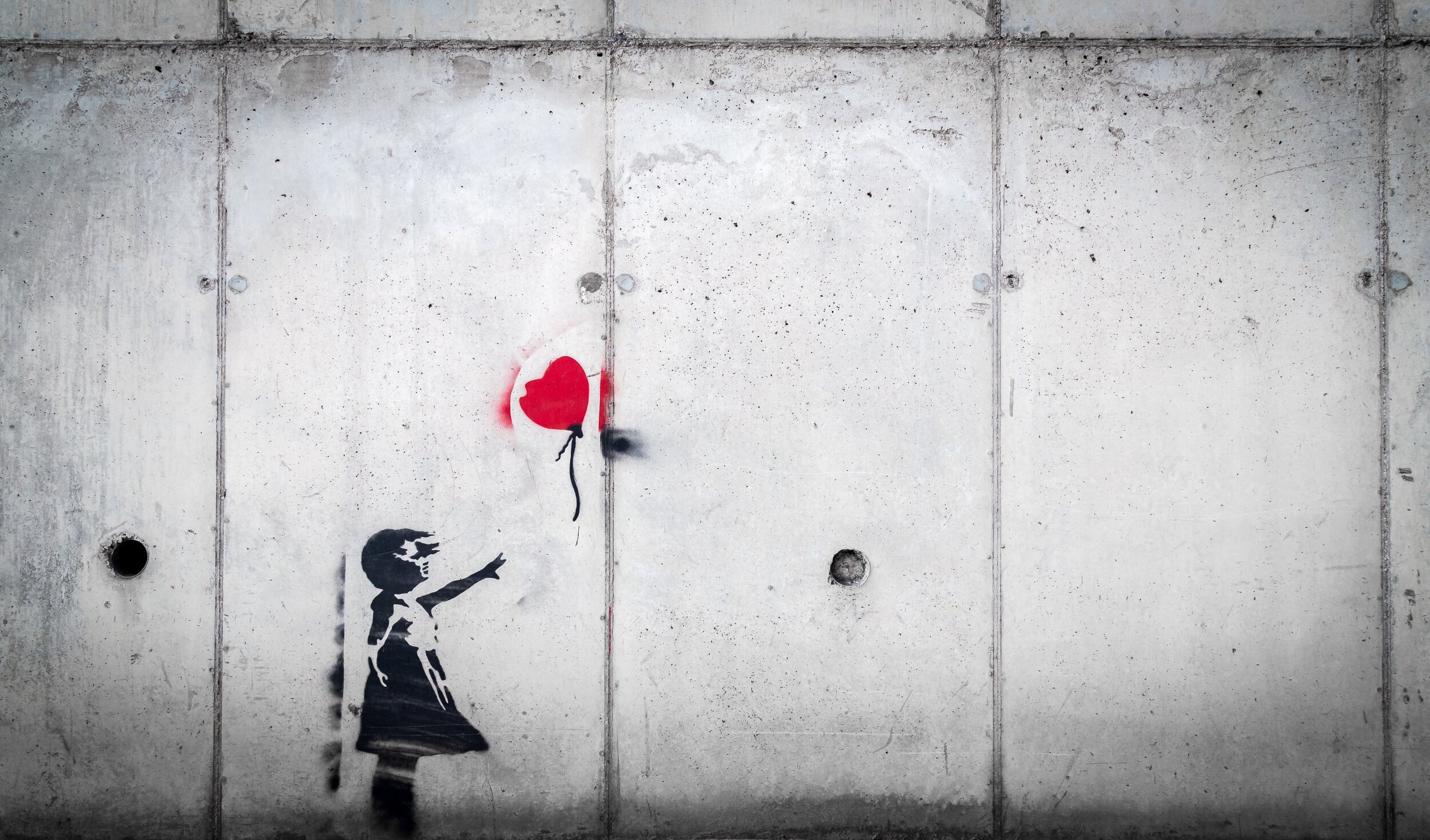Will my Broken Heart Even Mend?
Photo by Karim MANJRA on Unsplash
Grief is the invitation to create new rituals, relationships and perspectives.
Grief throws us into chaos so we may grow and evolve.
Grief comes in like melodies that travel through speakers, strike chords of memories and messages.
Grief is...
Grief can wake you with a call. rushing in like a flood, creating havoc that sends your heart to the bowels of the Earth, shattered and scattered. Scrambling to find the pieces and put them back together again. Never the same. Beauty lost until time has passed and it can be seen once again.
Grief is intrusive, overbearing, prickly, and yet also subtle and just below the surface.
Grief finds your old buried boxes tucked away in closets, attics, basements, storage units, hidden cracks and crevices. Grief exhumes the memories, hurts, pains, traumas, injustices, guilt, shame, anger and all the sorts of feelings you’ve tried to forget, bury and hide. Grief exposes people, places, experiences you long thought forgotten, masked, concealed and smothered. Grief digs them out, displays them for all to see. Like a detective piecing together a serial killer's left behind clues.
Grief reminds you, you have unanswered questions and things you did not say.
Photo by Yuris Alhumaydy on Unsplash
Days with grief where…
Grief covers your world with fog, making everything grey and cloudy.
Some days drag. Linger. Suffocate. Smoother. Drown. You wonder if grief will ever leave. Or will grief be an ever-present companion?
Days that seem lost in a day.
Days of cruel reality.
Days that you hate everyone. Everything.
Days of ugly crying that hurts your whole body and leaves you exhausted.
Days of numbness and disconnect.
Days that float and no matter what you do you can't touch the ground.
Days that your eyes leak.
Days that slip by and away.
Days that consume like an appetite never satiated.
Days that are almost normal.
Days where one touch and you’ll crumble.
Days where grief is but a distant memory. You can breathe a bit more freely. You have all but forgotten grief. You once again smile. Laugh. Feel.
Photo by Mohamed Nohassi on Unsplash
Grief is an invitation to live
We judge, censor and stop painful emotions. We dread experiencing them. Often labeling them as negative feelings. We do not want to feel pain, hurt, sorrow, grief, discomfort and the list goes on. Thus, we are a society of the walking grieving. We push through grief as if it’s some horrible monster that cannot be fully looked at or it will swallow us. We treat grief, like Medusa if we look at grief, we are turned to stone, trapped and hardened. We pretend each and every day that we are okay. Lie to ourselves that everything is fine. We push through change, ignoring our soul’s cry to sit and stay for a moment. To honor what was and embrace what will be. We are plagued with depression and anxiety easier ways to cope than to face grief.
As a grief specialist and a person who has her own intimate relationship with grief, I have a deep understanding of how grief works and how to create a healthy relationship with grief.
Photo by Mathias P.R. Reding on Unsplash
Types of Grief
Personal life and death loses
Death:
We know death grief, for it is profound, unapologetic and lets its presence know. For those experiencing death grief, its ghosts linger. Visiting us with whispers and reminders of who we've lost.
Our human relationships are complex and this affects our grieving. Mixed emotions can cloud or hinder the grief process. We need to work through our living relationship with the person, all emotions and feelings. Not suppress or hide but to allow ourselves to feel all emotions that arise: anger, contempt, love, laughter, whatever emotion arises is perfectly okay. It is part of the process.
Sadly, our society does not honor the process of grief. Assuming that once someone has died, we will just get over it. The truth is, sometimes we never get over the death of someone because the point isn’t to get over the death, it’s to create a new relationship with it.
The grief over the death of a human is culturally accepted. However, there is still judgment and misunderstanding in the grief over a pet. Grief over a pet reminds us that our pets loved us unconditionally. They bore witness to our life. Many of our pets see sides that no one else sees, they are holders of emotions and keepers of our secrets. This loss can be as difficult as human loss and for some even more painful.
LIfe:
Life losses are those experiences that change the normal daily life that causes us to adapt and change. Even those that are positive changes involve grief because what we know is ending and something different will become our new norm. Common life losses include but is not limited to: relationships changes, job changes or losses, and moving,
We tend to minimize our life losses. Barreling through them and discrediting them. We forget that these losses must be felt. In feeling them, we allow ourselves to experience the expansiveness of being human. We allow ourselves to understand ourselves on a deeper level. We often fight this, afraid, that if we go too deep we will become lost and drown.
For so many, the COVID pandemic created both death and life losses.
Photo by Clay Banks on Unsplash
Collective and Historical Grief
Historical and collective grief feels like a weight over the people it haunts. A feeling that something has been taken, even stolen or robbed. That the people who collective grief visits are no longer whole. For some this is immediate, they know what has been taken. For others, it was directly taken from their ancestors and they struggle to piece together what was left.
Historical grief is the grief of losing something larger than yourself, it expands past your personal experience into the shared experience with others. It is a loss of rights, rituals, culture, land, community, traditions, lore, and a way of life. It is the grief of a group of people who are forced to assimilate to the demands of the dominant culture or change their way of being to adapt.
Photo by Mike Labrum on Unsplash
How grief works
Stages of grief
Elizabeth Kubler Ross
She outlines the stages of grief as denial, anger, bargaining, depression, and acceptance. These stages are not linear and you may fluctuate between all of them. As a society, we grieve through these stages individually and collectively.
Denial often expresses itself, as the inability to accept the loss or death. The notion that the person or pet return. That the situation will go back to what it once was. Denial materializes when we as a group ignore the problem, pretend it does not exist. This also shows up with the belief that it is them, not us.
Anger can be expressed outwardly and inwardly. Anger at the person for leaving, for being sick or dying. Anger at self for not doing more, saying something, being a better person. We often get caught in anger, in the self-blame, holding ourselves accountable for not knowing something that we did not know. As a collective, anger manifests as protests and riots.
Bargaining is when we pray to our Gods, asking for another day, promising to be a better person. Bargaining with ourselves, telling ourselves that we must change to prevent grief from coming back. Collectively bargaining is when we try and negotiate better terms, to come to an agreement. I’ll give you this for this. It can show up as petitions, changing laws and legislation.
Depression forces us to slow down, to sit in grief. Often times we push through this, pretending that we are okay, going through our daily life activities numb, disconnected and unavailable. Collectively depression is when a group of people feels hopeless, feeling forced to accept life as it is
Acceptance is when we realize that life has changed. The situation is what it is. The person or pet is gone. Acceptance is when the community has accepted what has happened to the community. This is not to be confused with compliance. It is accepting that something terrible has happened and the community is able to rebuild and heal (such as rebuilding after a devastating storm or war).
As a society and individuals, we are collectively fluctuating between denial, anger, depression, and bargaining. Not enough has been done to move us into acceptance, into a new norm. As we fluctuate through each stage, we can feel unsettled, on edge, anxious, hopeless, and disenfranchised.
Grief Alchemy
Annamarie Fidel-Rice sees grief as a process of alchemy. Alchemy being the process of changing iron to gold. Grief as an alchemical process goes through 7 transformational stages
7 Stages of Alchemy:
Calcinatio is the fire that causes the substance to change, here the substance is being burned to ash. This is the anger that we feel because life is changing because the person or pet is dead because our reality is forced to be different and we must adjust. This is the anger towards what has happened to our community.
Solutio is the process of the ash becoming liquid. This is our individual and community's wounds. In this stage, we sit, feel and become aware of just how deep these wounds penetrate ourselves and our communities. The liquid represents the movement of ebb and flow of emotions.
Coagulatio is when the liquid becomes solid once again. For ourselves and our community, this is the process of healing our wounds, tending to them, to become whole once again.
Sublimatio, the transformation of the substance into vapor. For grief, it represents a new perspective, our ability to rise above the issue and to see our grief, our community, our world in a new light.
Mortificatio is when the original substance has lost its form to chaos. In grief, it is the death of past beliefs and perceptions.
Separatio is the stage where everything is separated. For grief, this means taking apart the wound. We separate into individuals impacted by the tragedy. We tend to our own pains. This step is necessary to incorporate the wisdom gained from sublimato.
Coniunctio is the rejoining of elements and the coming together either as an individual or as a community. Ourselves and/or our community has been rebuilt, restored and is anew. New ways of being are now possible and emerging.
Photo by Hello I'm Nik on Unsplash
Living with Grief
Get support- talk to people, find a support group, hire a therapist, counselor or coach, talk to your pastor, find those people you can lean on and who can hold space for you.
Don’t judge your grief or compare it to others. We all grieve differently. Some of us are private mourners, others openly mourn, do what is best for you.
Be gentle with yourself. Allow the ebb and flow. The more you suppress the bigger it gets. It’s like standing in the ocean, let the gentle waves hit your legs and feet. Instead of waiting for the tidal wave to come and knock you over and drag you out to sea and if this happens go with it. Your grief is opening you up for so much more!
Express yourself. Write memories, journal your feelings, write bad poetry, draw, paint, dance. Cry, scream, whisper. Let the emotions move through your body. Talk to them, write to them or talk out loud.
Create rituals. Write a letter and put it in a balloon, Create and honor your ancestors through an altar, Make meals in honor of the deceased. Do activities they would have loved (for pets, the dog park, pet store, walks, leave out their favorite meal). These are just suggestions, listen to your intuition. You knew your loved one, you’ll know what to do.
Reconnect to your roots. To your ancestors. Honor their losses and sacrifices. Advocate for change if needed. Share your story, your ancestors’ story, the story of your culture and heritage.
Remember grief is a process and becomes like an old friend visiting with some baggage and gifts. Grief comes and goes. Be open when grief comes to visit, you are healing on a deep level.








